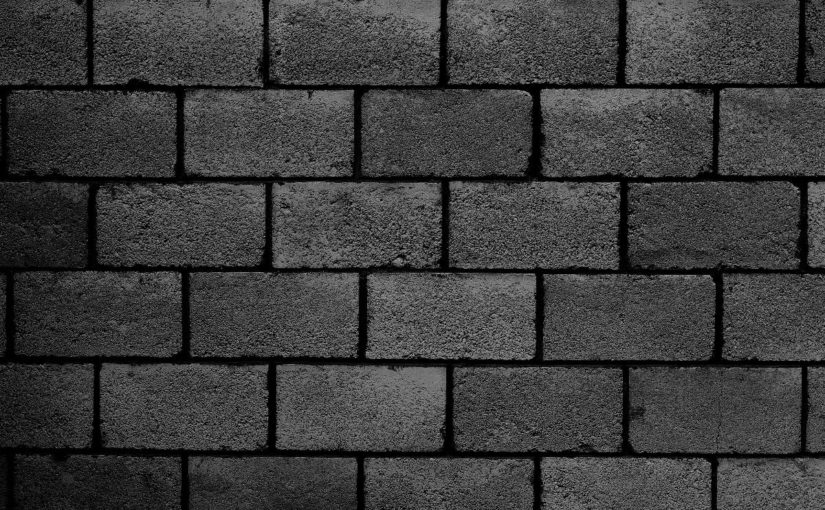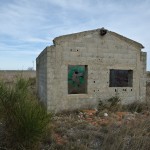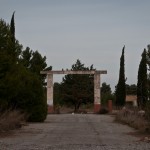It’s quite a challenge: an 826 Valencia podcasting field trip with high school students who have written letters to the president-elect. The object is to take these letters and turn them into two minute essays the students will record and 826 will podcast. The challenge is to get to know this student in a hurry so that I can advise and encourage in a way that means something to her, and so that the words that result are hers. It can’t be about what I might want to say to the man.
So I sit down with an African-American teenage girl and try to find a few areas of experience that will support her opinions without losing her anger. I start by reading her original letter, a rambling rant against demonstrated intolerance characterized as “crazy”. This doesn’t have much to do with mental illness, it’s used as a synonym for hateful bigotry. She tells him he doesn’t know what her life is like and he’s too stupid to try to learn. He doesn’t like Latinos and because of that he shouldn’t be president. She’s not interested in being diplomatic or showing respecting the man who will soon be president. He has forfeited the right to respect by rejecting her and her friends. The challenge is how to shape this prose into a coherent statement without sanitizing it into meaninglessness, how to support the anger with examples, how to teach her a bit about writing without losing her distinctive voice. I’m not dealing with grammar and punctuation here, rather with enhancing an argument by incorporating examples and comparisons to support her position.
She talks about her Latino friends and their families with compassion, but without ever losing the hard edge that defines her relationship to the world around her. There isn’t an ounce of sentimentality in her narrative. We talk for a few minutes, I suggest a few additions, then she surprises me by beginning her rewrite with a moving mini-story about a family trying to cross the border and the hardship and violence they face. She writes of the pregnant mother using the last of her money to hire a coyote and the death of the coyote in a violent confrontation with border patrol. She goes on to write about a Latino family as if they were her own and I encourage her to dig a little deeper with details of where they live and what they served her for dinner, but she’s not interested, loses focus, and turns her attention to her phone. When she’s through, her anger returns and she finishes the essay with a statement of hopeless impotence. I ask her if she might want to end with a bit of hope for the future, a hope I do not feel but wanted to inspire. She did not. I tried to be positive, telling her that when things don’t go our way we have to take action, express our dissatisfaction and try to make things better. Action can give us hope for a better future. She didn’t buy it.
It is America’s shame that we are having this conversation in 2017, more than fifty years after the long-delayed passage of the Civil Rights Act. It is our failure that our children fear for their freedom because a man with dictatorial inclinations was elected to the highest office in our country by attacking the press and promising to exclude those he doesn’t like. This is not an ordinary election, this is the most serious threat to our democracy we have seen.
It is now 10:00 AM on January 20, 2017, the president of the electoral college is now the President of the United States.







